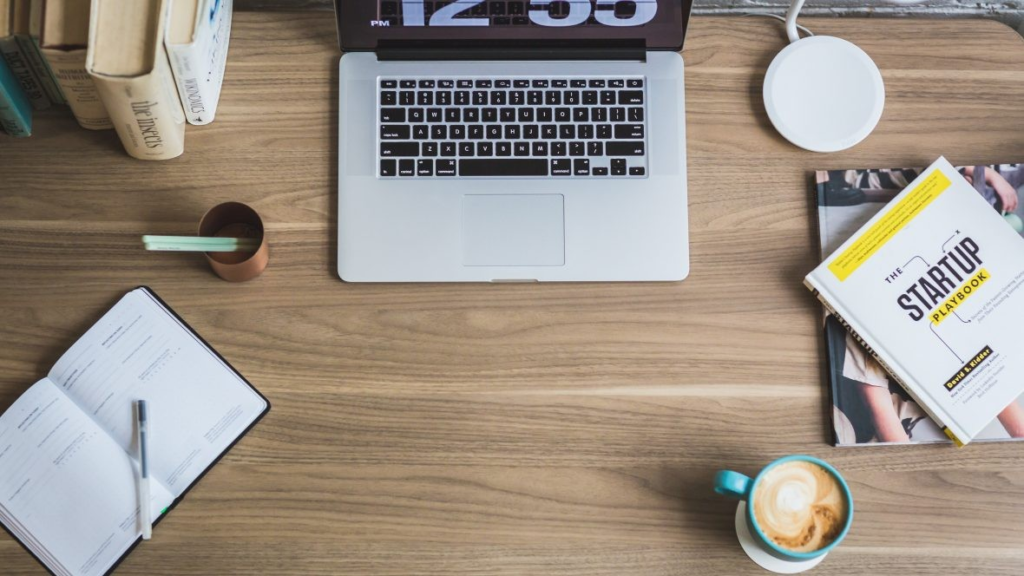Why Annual Interviews are importants ?
Some managers think that the annual evaluation and development interview is a waste of time. It is not by keeping an hour with each of our employees that we can go beyond what we already know. Serious management error ! This interview is, if properly prepared, essential. It makes it possible to draw up a balance sheet for the year, to make reciprocal commitments, to set new growing objectives, to establish, often, a link between the results obtained and the evolution of remuneration. He also helps maintain a layer of respect and trust between his hierarchical superior and his collaborator.
The role of this interview is to:
- Allow the employee and his hierarchical superior to “take stock” over a determined period.
- Jointly decide on their future professional relationships, both personally and in terms of organization, and determine for each employee, the objectives to be achieved.
- Develop the motivation of the employee towards new objectives.
The annual interview must be a self-assessment interview where the speaking time will be 80% for the employee and 20% for the hierarchical manager.
How to conduct an Annual Interview ?
PAST
The first sentences and behaviors of the first minutes will most likely determine the quality of the conversation during the interview. It is therefore necessary to put our collaborator at ease. The duration of the interview should be approximately one and a half to two hours.
The goal is to get your employee to speak as quickly as possible about his activity, his difficulties encountered or his professional ambitions.
Here, it is not a question of being “face to face” but of having an open discussion where you will channel the speech of your collaborator by precise questions by asking him to self-evaluate on his work of the year . The goal of this first stage of approximately 15 minutes is to let the employee raise his satisfaction so that his enthusiasm guarantees an interview rich in developments.
PRESENT
The second step will consist in helping the employee to describe and analyze their qualities and potential strengths. It is important here to identify the sources of motivation and the future skills of the employee. It is necessary to base yourself on facts and concrete examples lived by the collaborator.
FUTURE
The employee looks with his hierarchical superior, for his own possibilities for improvement, both personally and on the results of his mission. “How do you plan to improve your performance?”, “How soon?”
The evaluation and development interview thus constitutes:
- the secure and incentive basis for future collaboration.
- the concrete reference point for the next assessment interview
- a permanent control instrument
The 8 stages of the evaluation interview
- Welcome and comfort
- Introduction
- Employee’s presentation
- Analysis of difficulties
- Gradual presentation of our evaluation
- Presentation of the company’s new directions
- Negotiations of decisions
- Conclusion


